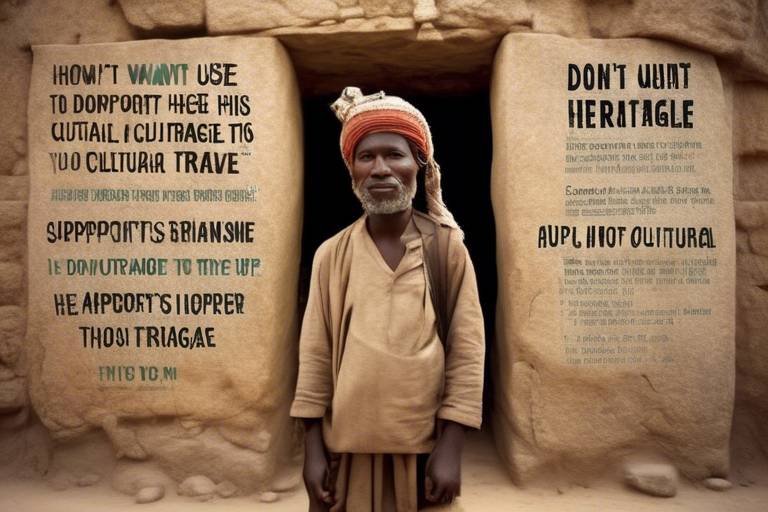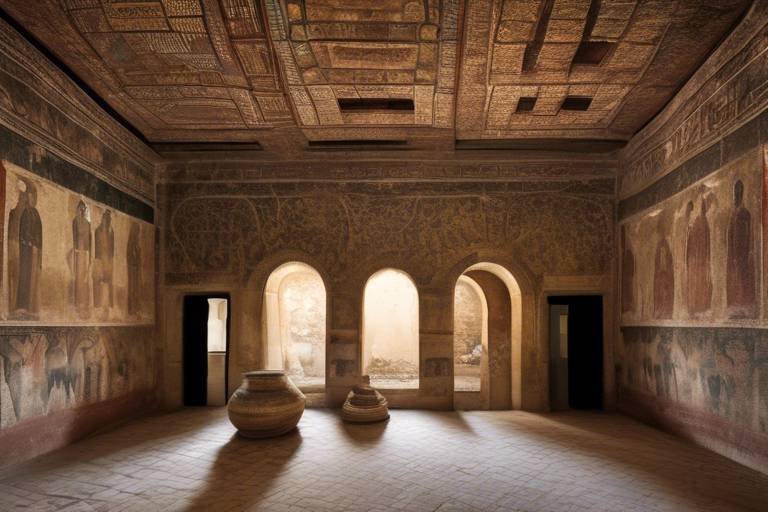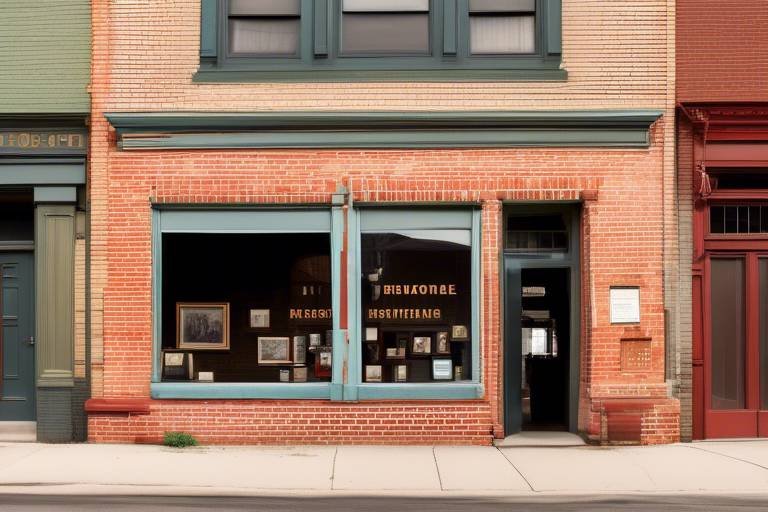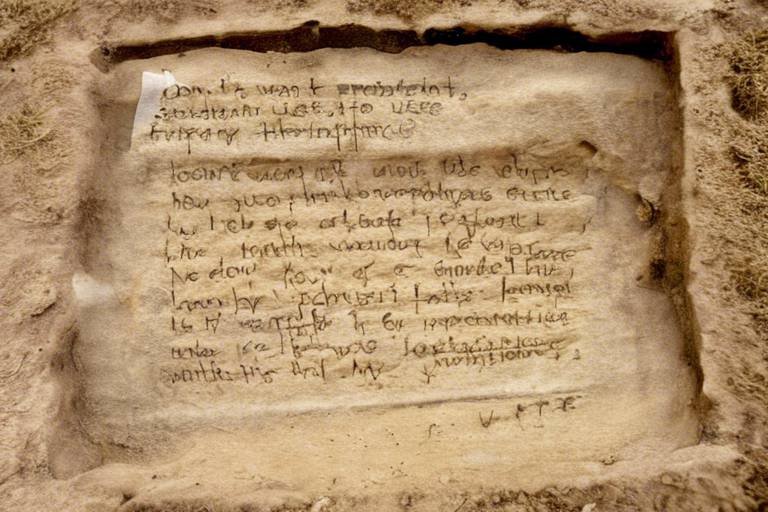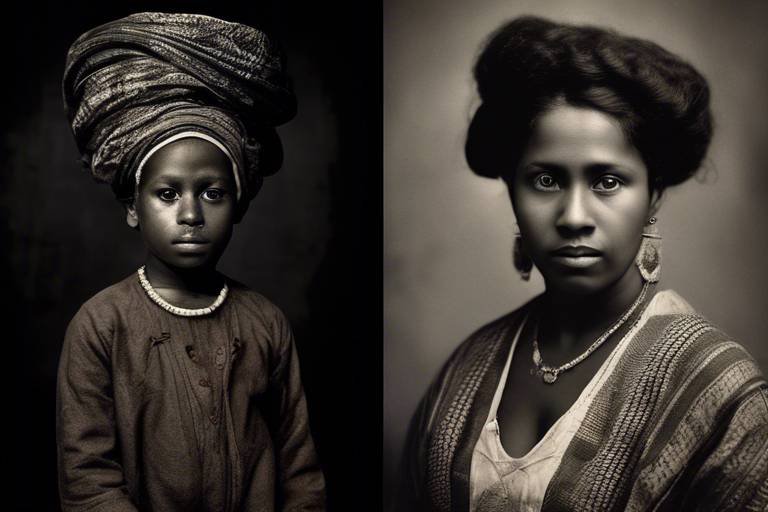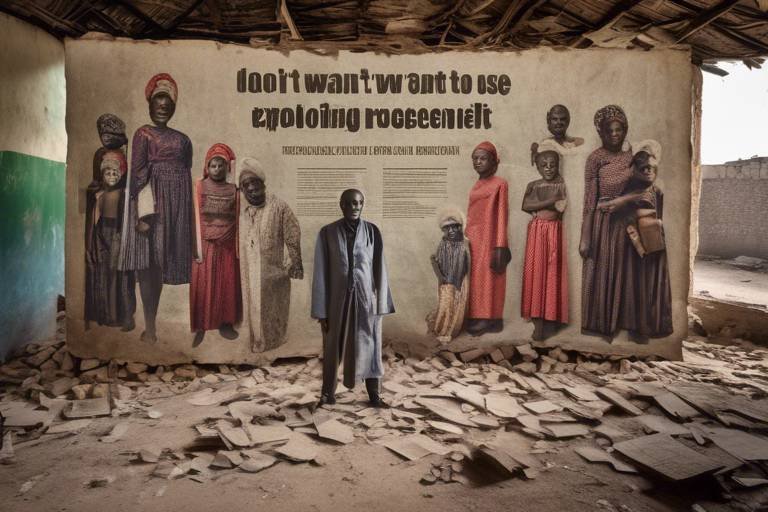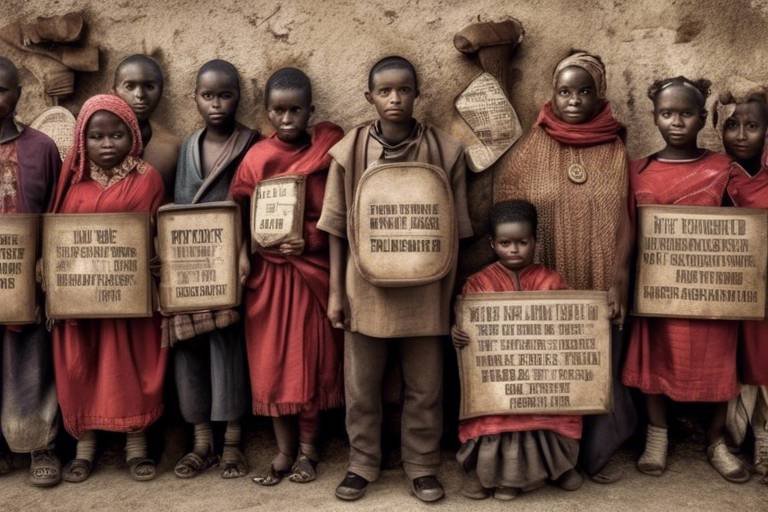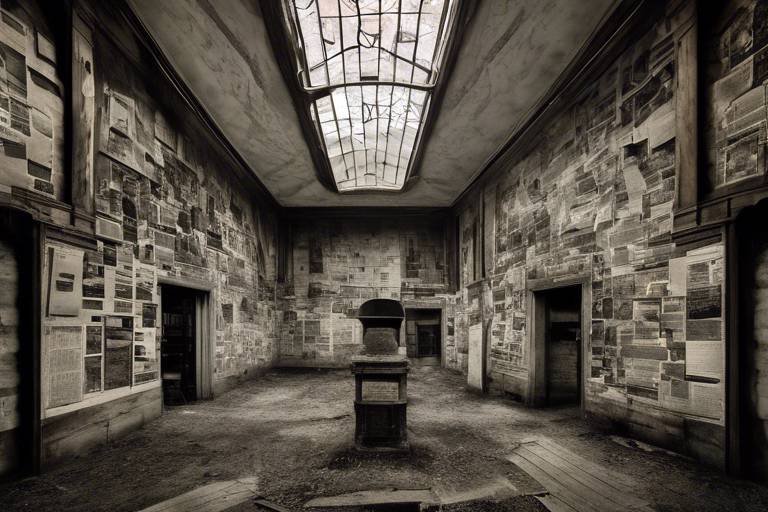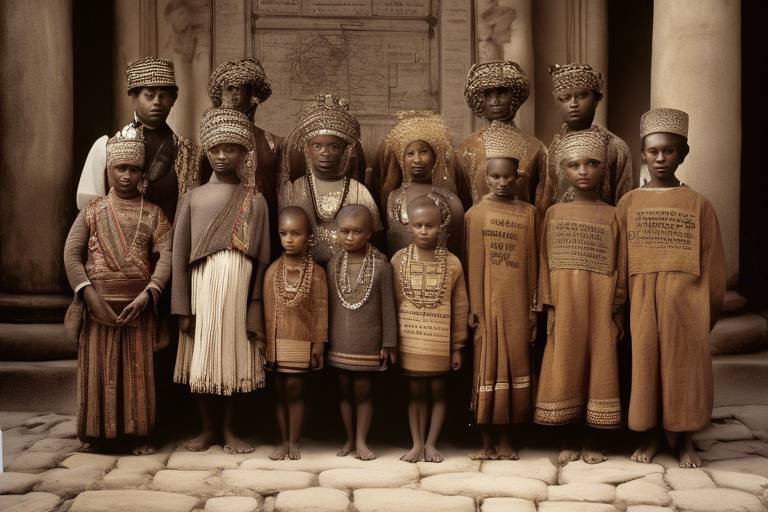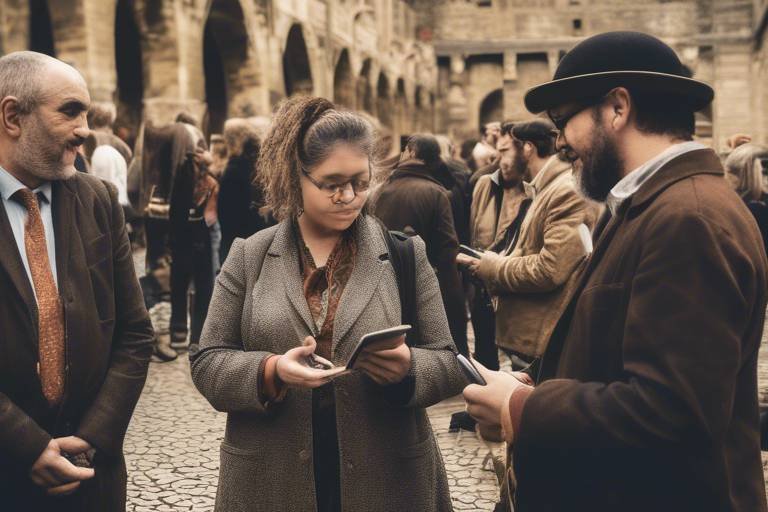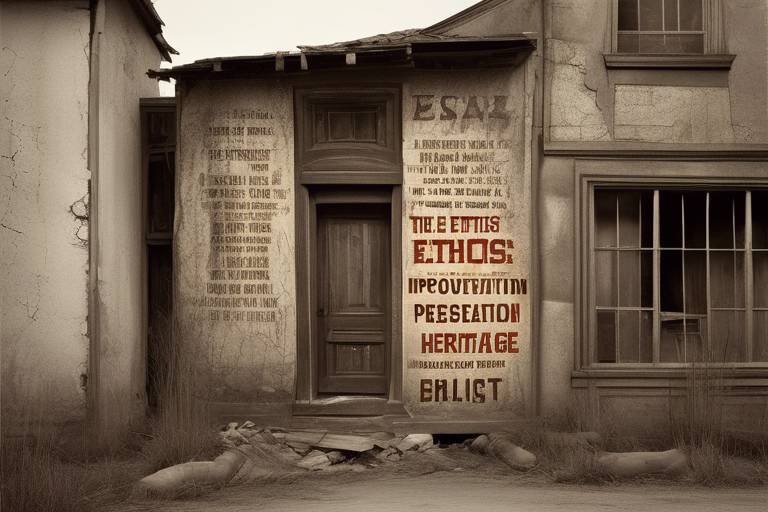The Role of International Organizations in Cultural Heritage Protection
International organizations play a vital role in the protection and preservation of cultural heritage around the world. Through collaborative efforts and various initiatives, these organizations work tirelessly to safeguard our shared history and heritage for future generations to appreciate and learn from. By focusing on the significance of cultural diversity, sustainable development, and ethical stewardship, these organizations contribute significantly to the global efforts of preserving our rich cultural legacy.

UNESCO's Cultural Heritage Preservation Efforts
UNESCO, the United Nations Educational, Scientific, and Cultural Organization, stands at the forefront of cultural heritage preservation efforts on a global scale. Through its World Heritage Program, UNESCO is dedicated to identifying, protecting, and preserving cultural heritage sites of outstanding universal value. These sites represent the diversity of human cultures and histories, serving as a testament to the creativity and ingenuity of past civilizations.
One of UNESCO's primary objectives is to raise awareness about the importance of safeguarding cultural heritage for future generations. By inscribing sites on the World Heritage List, UNESCO recognizes their exceptional value and strives to ensure their conservation and sustainable management. This recognition not only enhances the visibility of these sites but also encourages international cooperation in their preservation.
Furthermore, UNESCO emphasizes the significance of cultural diversity in heritage preservation. By celebrating the uniqueness of each culture and promoting intercultural dialogue, UNESCO fosters mutual understanding and respect among nations. Through its initiatives, UNESCO aims to protect cultural heritage as a shared legacy that transcends borders and connects people from different backgrounds.
Moreover, UNESCO's efforts extend beyond tangible heritage sites to intangible cultural practices and expressions. By safeguarding traditions, languages, and knowledge systems, UNESCO preserves the richness of human creativity and promotes cultural continuity. Through capacity-building programs and educational initiatives, UNESCO empowers local communities to take an active role in preserving their cultural heritage.
In conclusion, UNESCO plays a pivotal role in cultural heritage preservation by championing the protection of diverse heritage sites, fostering international collaboration, and promoting the intrinsic value of cultural heritage for present and future generations.

Role of ICCROM in Capacity Building
The International Centre for the Study of the Preservation and Restoration of Cultural Property (ICCROM) plays a pivotal role in capacity building within the field of cultural heritage conservation. Through its various programs and initiatives, ICCROM focuses on equipping professionals with the necessary skills and knowledge to effectively preserve and protect cultural heritage sites for future generations.
One of the key aspects of ICCROM's work is providing specialized training to conservation experts, archaeologists, architects, and other professionals involved in heritage conservation. These training programs aim to enhance technical expertise, promote best practices in conservation methodologies, and foster a deeper understanding of the significance of cultural heritage preservation.
In addition to training, ICCROM offers valuable resources and tools to support capacity building efforts worldwide. By collaborating with partner institutions and organizations, ICCROM facilitates the exchange of knowledge and expertise in the field of cultural heritage conservation, contributing to the development of sustainable conservation practices.
Furthermore, ICCROM's capacity building initiatives extend beyond traditional training programs to encompass research, documentation, and advocacy for the protection of cultural heritage. By engaging with diverse stakeholders and fostering international cooperation, ICCROM plays a crucial role in strengthening the capacity of professionals to safeguard and preserve cultural heritage sites across the globe.

World Monuments Fund's Conservation Projects
The World Monuments Fund (WMF) is a renowned organization dedicated to the conservation and preservation of cultural heritage sites around the globe. Through its conservation projects, the WMF aims to protect at-risk heritage sites and raise awareness about the importance of safeguarding our shared history for future generations.
One of the key aspects of the WMF's conservation projects is the emphasis on community involvement and sustainable practices. By engaging local communities in the preservation efforts, the WMF ensures that the cultural heritage sites are not only protected but also valued and utilized by the people who live in their vicinity. This collaborative approach fosters a sense of ownership and pride among community members, leading to long-term sustainability of the conservation efforts.
Moreover, the WMF's conservation projects often involve extensive research and documentation to understand the historical significance and architectural integrity of the heritage sites. By employing experts in various fields such as archaeology, architecture, and conservation, the WMF ensures that the restoration and preservation work is carried out with the highest standards of professionalism and expertise.
Furthermore, the WMF's conservation projects go beyond physical restoration and include educational programs and capacity-building initiatives. By training local craftsmen, conservation professionals, and community members in heritage conservation techniques, the WMF contributes to the development of skills and expertise necessary for the long-term maintenance of cultural heritage sites.
In addition to its on-the-ground conservation projects, the WMF also advocates for policy changes and funding support to address the challenges facing cultural heritage preservation globally. By collaborating with governments, international organizations, and other stakeholders, the WMF works towards creating a conducive environment for the protection and promotion of cultural heritage on a larger scale.
Overall, the World Monuments Fund's conservation projects play a vital role in safeguarding our cultural heritage, ensuring that these irreplaceable treasures are preserved for future generations to appreciate and cherish.

ICOM's Advocacy for Cultural Heritage Protection
The International Council of Museums (ICOM) plays a crucial role in advocating for the protection of cultural heritage worldwide. By establishing ethical standards and guidelines for the museum community, ICOM ensures the responsible stewardship of cultural artifacts. Through its advocacy efforts, ICOM raises awareness about the significance of preserving cultural heritage for future generations.
ICOM's initiatives focus on promoting the importance of cultural heritage protection and the need for sustainable conservation practices. By collaborating with museums, cultural institutions, and heritage professionals, ICOM works towards safeguarding valuable cultural artifacts and sites from threats such as theft, vandalism, and illicit trafficking.
One of the key aspects of ICOM's advocacy is the emphasis on education and public engagement. By organizing exhibitions, workshops, and educational programs, ICOM aims to foster a greater appreciation for cultural heritage and the role it plays in shaping our collective identity.
Furthermore, ICOM actively participates in international dialogues and partnerships to address challenges facing cultural heritage preservation. By working closely with other organizations and stakeholders, ICOM contributes to the development of policies and strategies aimed at enhancing the protection of cultural heritage on a global scale.

Role of IUCN in Natural and Cultural Heritage Conservation
The International Union for Conservation of Nature (IUCN) plays a crucial role in the protection and preservation of both natural and cultural heritage sites around the world. By recognizing the intricate connection between biodiversity conservation and cultural heritage preservation, the IUCN implements various initiatives to safeguard these invaluable assets for present and future generations. Through its diverse programs and partnerships, the IUCN works towards ensuring the sustainable management of natural and cultural resources, promoting harmonious coexistence between human activities and the environment.
One of the key contributions of the IUCN lies in its advocacy for the integration of cultural values into conservation practices. By acknowledging the cultural significance of certain landscapes, ecosystems, and heritage sites, the IUCN emphasizes the importance of considering local communities' traditional knowledge and practices in conservation efforts. This approach not only enhances the effectiveness of conservation strategies but also fosters a deeper appreciation for the cultural heritage intertwined with natural landscapes.
Furthermore, the IUCN actively engages in capacity building initiatives to empower local communities, conservation practitioners, and policymakers in the sustainable management of natural and cultural resources. Through training programs, knowledge sharing platforms, and collaborative projects, the IUCN strives to enhance the skills and expertise necessary for effective heritage conservation and environmental stewardship.
Collaboration is at the core of the IUCN's approach to natural and cultural heritage conservation. By fostering partnerships with governments, non-governmental organizations, indigenous communities, and other stakeholders, the IUCN promotes a holistic and inclusive conservation agenda that respects the diverse perspectives and values associated with heritage sites. This collaborative effort not only strengthens the protection of natural and cultural assets but also contributes to the promotion of sustainable development practices that benefit both people and the planet.

UNIDROIT's Contribution to Cultural Property Protection
UNIDROIT, the International Institute for the Unification of Private Law, plays a crucial role in contributing to the protection of cultural property on a global scale. This organization focuses on establishing legal frameworks and conventions to combat the illicit trafficking of cultural artifacts, aiming to preserve and safeguard cultural heritage for future generations. By working to prevent the illegal trade of cultural property, UNIDROIT addresses the challenges posed by the unauthorized movement of valuable artifacts across borders, ultimately striving to uphold the integrity and authenticity of cultural heritage worldwide.

Interpol's Efforts in Combating Cultural Heritage Crime
Interpol, the International Criminal Police Organization, plays a critical role in combating cultural heritage crime on a global scale. Through collaboration with international organizations and law enforcement agencies, Interpol focuses on addressing various aspects of illicit activities that threaten cultural heritage.
One of Interpol's primary objectives is to tackle the illicit trafficking of cultural artifacts, which often involves organized crime networks exploiting valuable heritage items for financial gain. By coordinating operations and sharing intelligence with member countries, Interpol helps disrupt illegal networks and recover stolen cultural treasures.
Moreover, Interpol is actively involved in preventing the destruction and looting of heritage sites, which are often targeted by criminals for profit or ideological reasons. Through training programs, capacity building initiatives, and awareness campaigns, Interpol empowers law enforcement agencies to better protect vulnerable cultural sites from vandalism and theft.
Interpol's efforts extend beyond reactive measures to proactive strategies aimed at preventing cultural heritage crime before it occurs. By promoting international cooperation, fostering partnerships with museums and cultural institutions, and raising public awareness about the importance of preserving cultural heritage, Interpol contributes significantly to safeguarding our shared past for future generations.

Role of the World Heritage Centre in Heritage Conservation
The World Heritage Centre plays a pivotal role in the conservation of cultural and natural heritage sites of exceptional universal value. As the operational arm of UNESCO's World Heritage Convention, it serves as a hub for international cooperation and coordination in heritage preservation.
One of the primary functions of the World Heritage Centre is to facilitate the implementation of the World Heritage Convention. It assists member states in the identification, nomination, and management of World Heritage sites, ensuring their protection and sustainable development.
Moreover, the Centre works closely with state parties, advisory bodies, and other stakeholders to monitor the state of conservation of listed sites. By providing guidance and support, it helps address challenges and threats faced by these invaluable heritage locations.
Through capacity-building initiatives and knowledge-sharing programs, the World Heritage Centre empowers local communities and heritage professionals to actively participate in the preservation and promotion of World Heritage sites. By fostering a sense of ownership and responsibility, it enhances the long-term sustainability of these cultural and natural treasures.
Furthermore, the Centre collaborates with various international organizations, governmental agencies, and non-profit entities to mobilize resources and expertise for heritage conservation projects. By fostering partnerships and promoting best practices, it strengthens the global network dedicated to safeguarding our shared heritage for future generations.
Frequently Asked Questions
- What is the purpose of international organizations in cultural heritage protection?
International organizations play a vital role in safeguarding cultural heritage by implementing initiatives, raising awareness, and providing resources for the preservation of cultural sites worldwide.
- How does UNESCO contribute to cultural heritage preservation?
UNESCO leads global efforts in identifying and protecting cultural heritage sites through its World Heritage Program, emphasizing the importance of cultural diversity and sustainable development.
- What is the role of ICCROM in cultural heritage conservation?
ICCROM focuses on capacity building by providing training and resources to professionals involved in cultural heritage conservation, enhancing their skills and knowledge in preserving cultural artifacts.
- How does ICOM advocate for cultural heritage protection?
ICOM advocates for the protection of cultural heritage by setting ethical standards and guidelines for the museum community, promoting responsible stewardship of cultural artifacts and collections.
- What efforts does Interpol make in combating cultural heritage crime?
Interpol collaborates with international organizations and law enforcement agencies to combat cultural heritage crime, including the illicit trafficking of artifacts and the destruction of heritage sites, ensuring the protection of cultural treasures.


